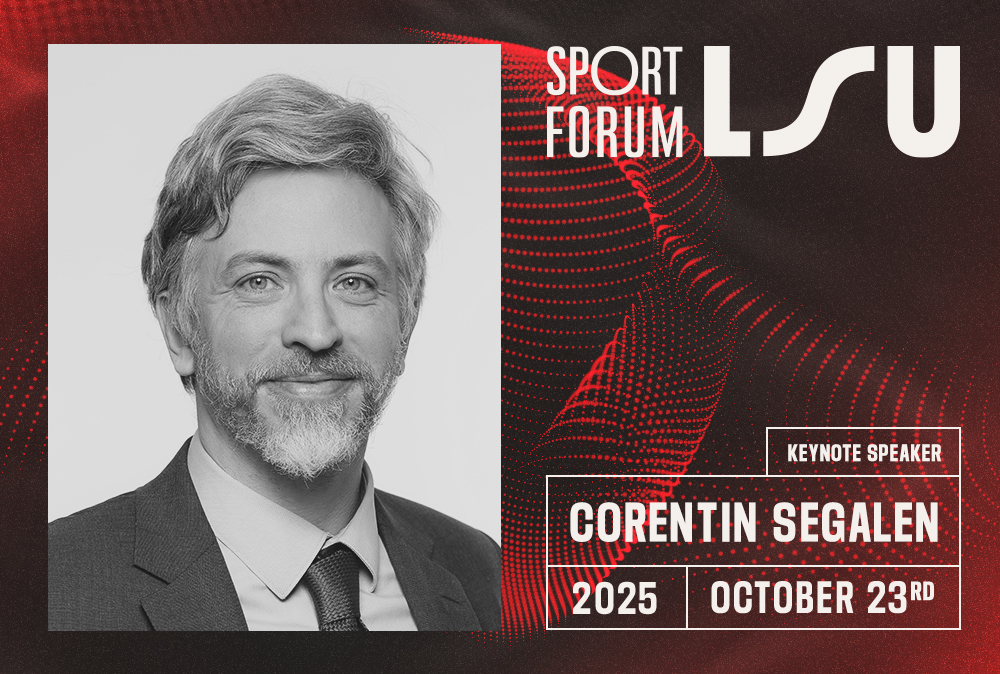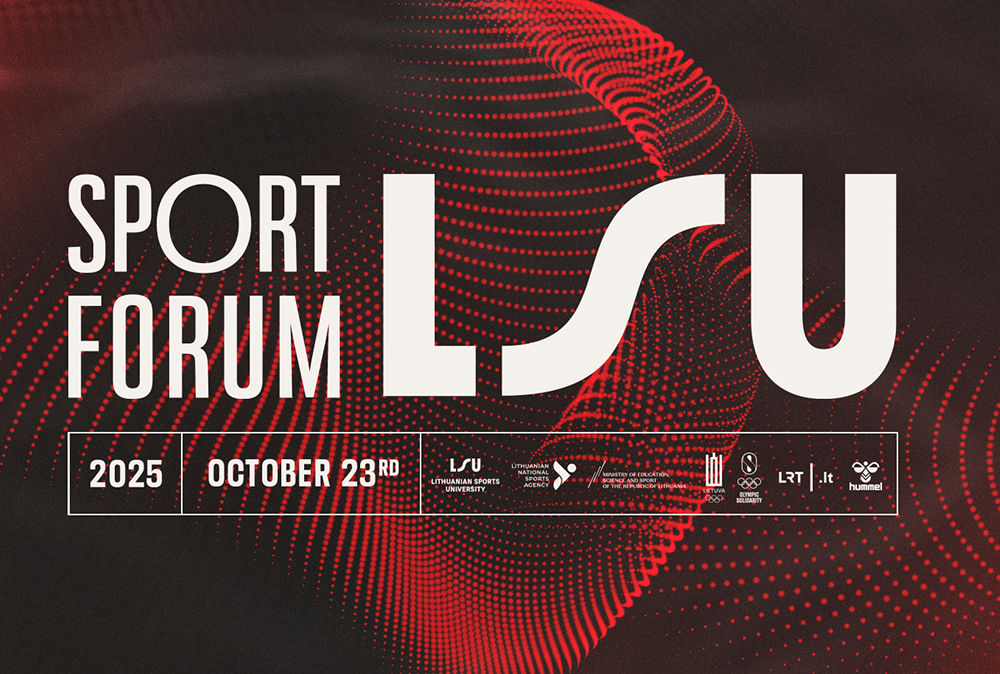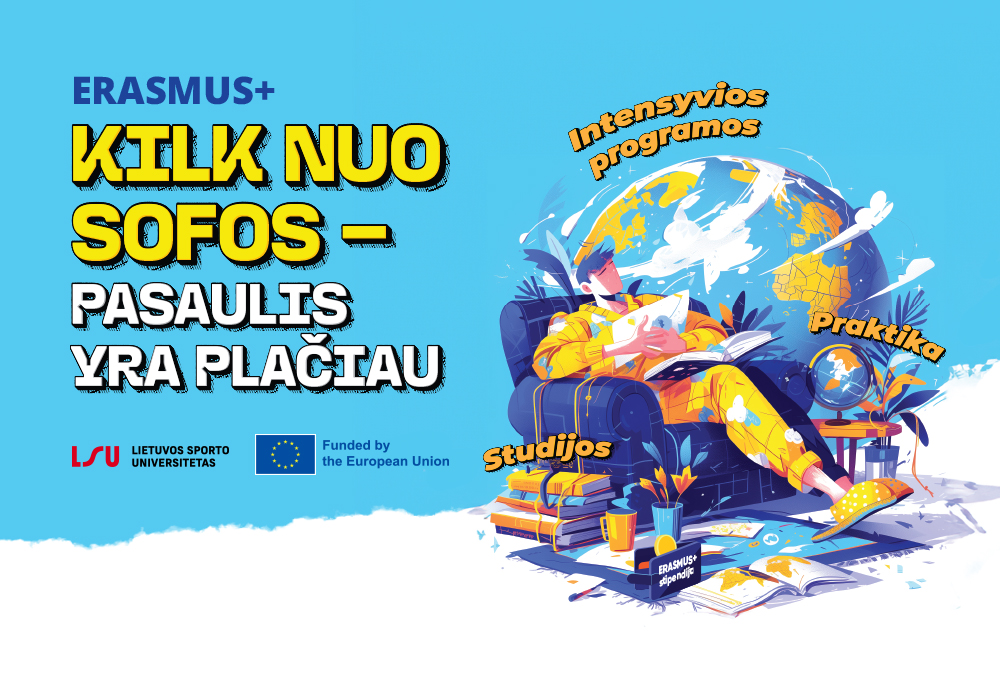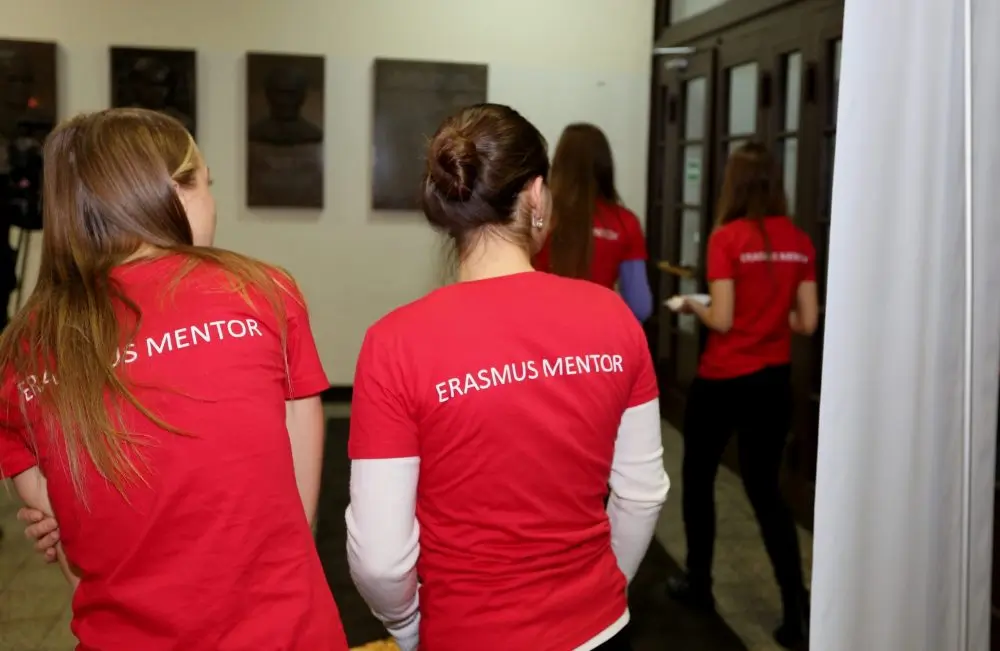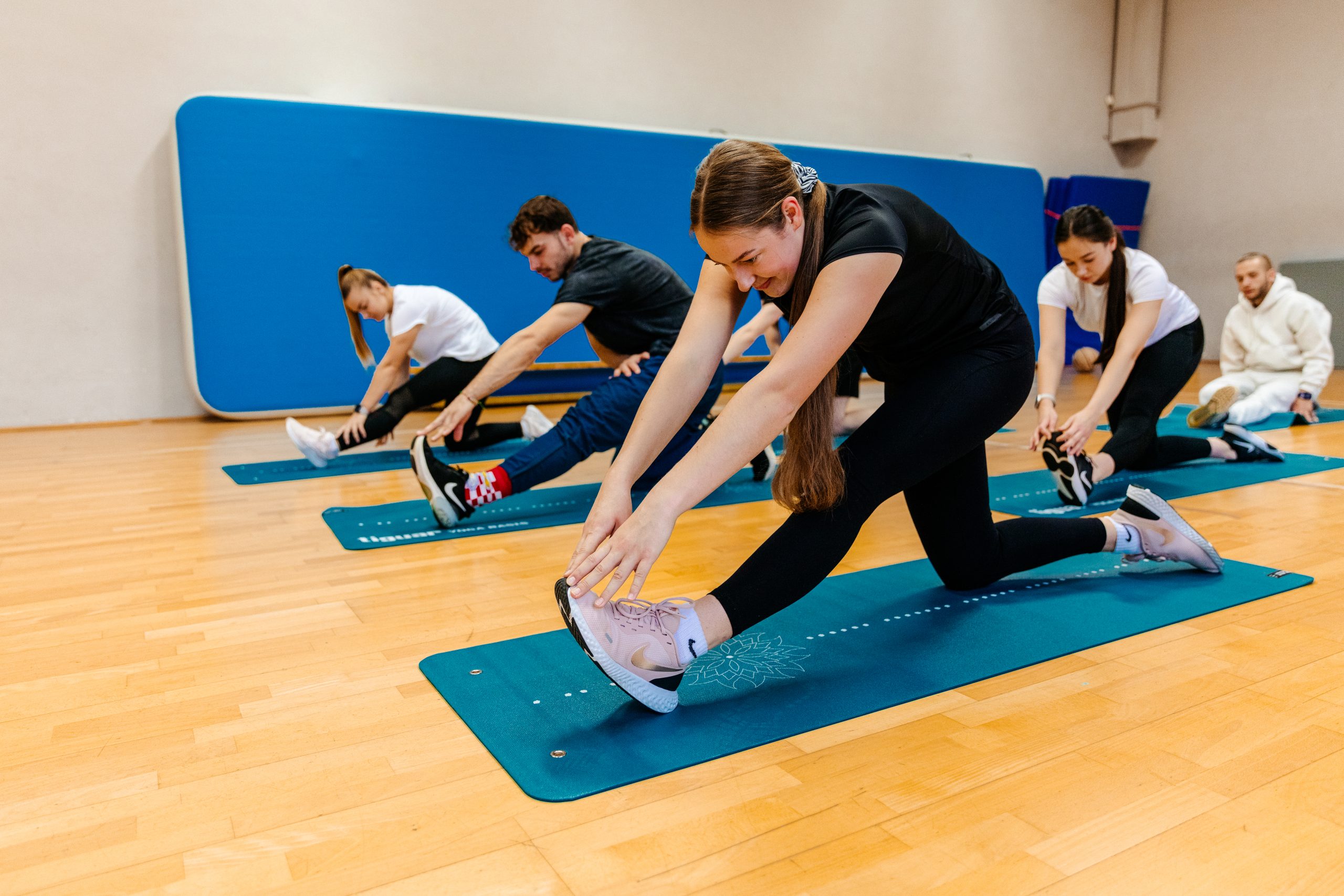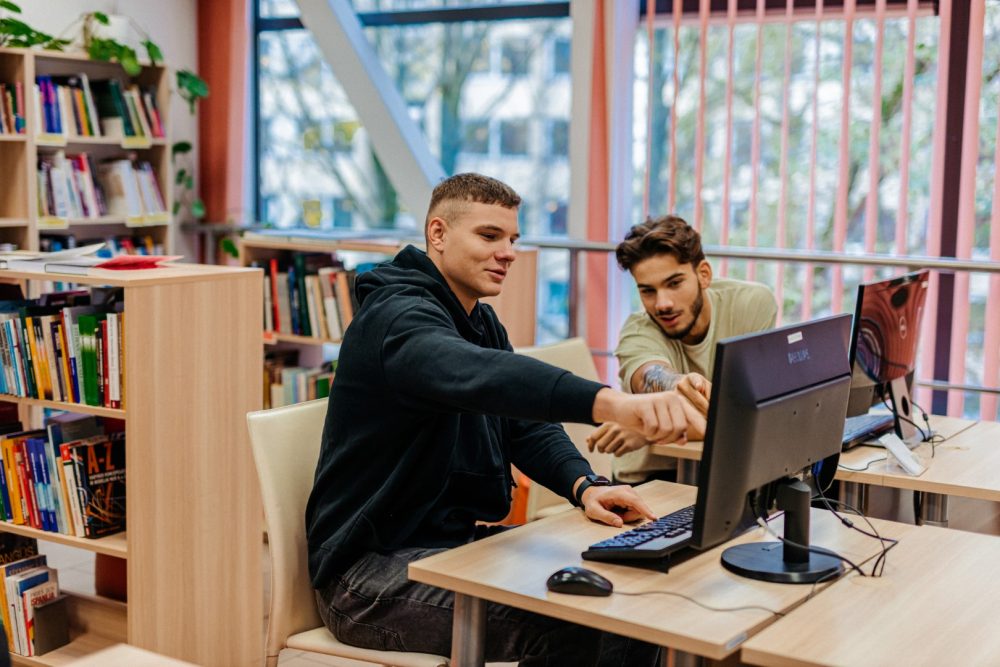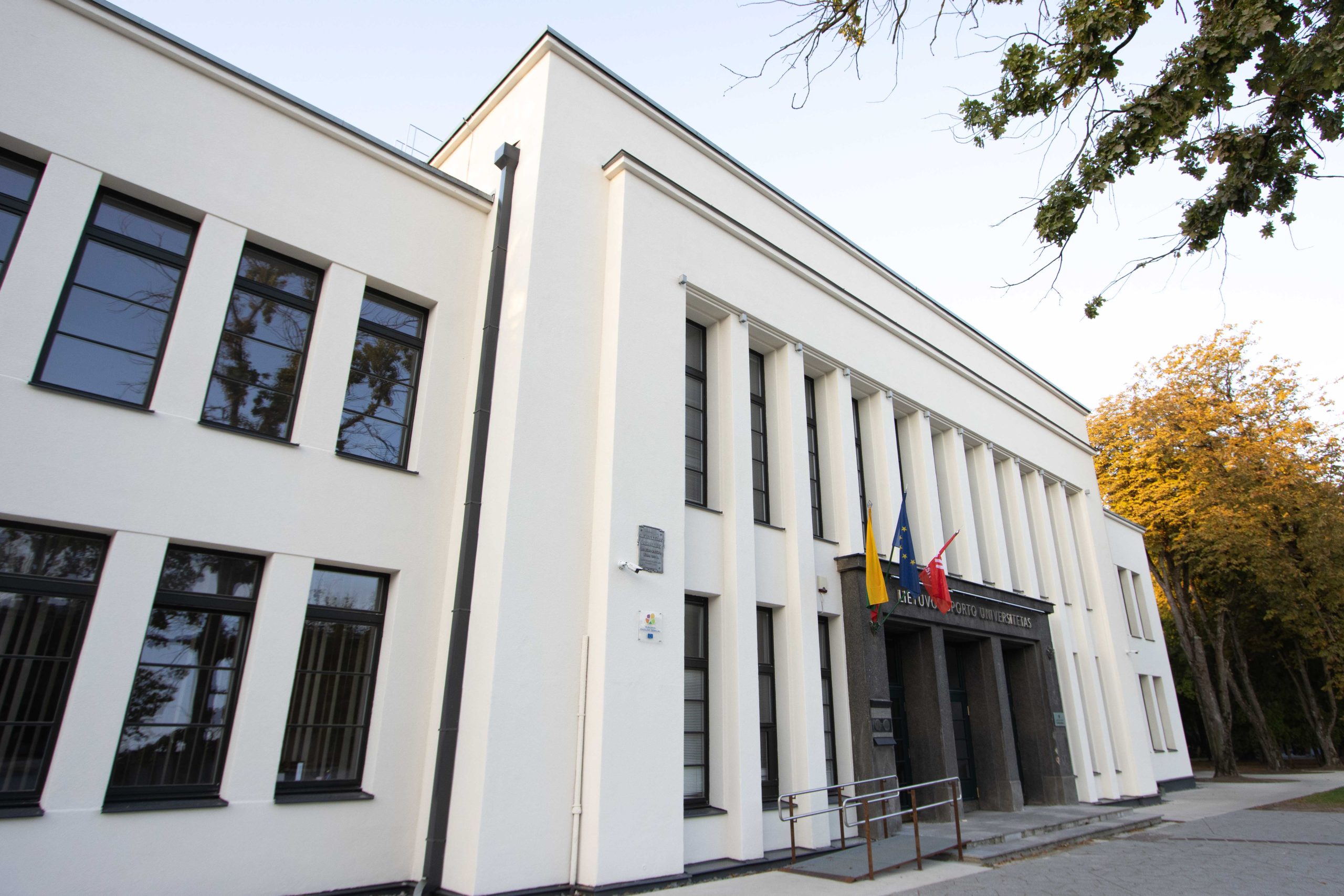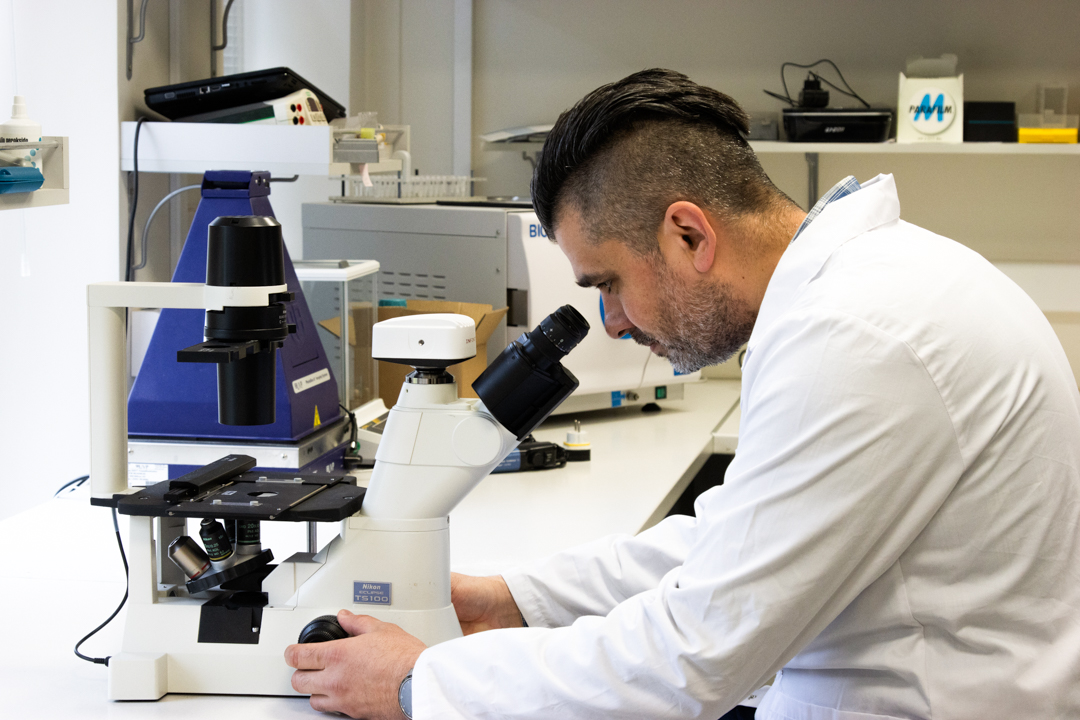

Can talent be identified from genes? Can genetics help athletes achieve the highest results and avoid injuries?
Answers to these questions will be addressed by one of the speakers at the Lithuanian Sports University (LSU) Sport Forum on October 23rd – the acclaimed scientist of sport medicine and endocrinology from Israel, Prof. Dr. Alon Eliakim.
The topic of his speech will be “Genetics and competitive sports”, in which he will outline the latest research on the influence of genetic factors on athletic performance. According to the scientist, although genetic assessment is still in its infancy in the world of sports, it could become an extremely important tool for both talent identification and individualised training processes.
“Genetic testing may become an important element in optimising and individualising athletes’ training processes in the future. However, it should not be limited to world-class athletes – such testing can also be beneficial to national-level athletes,” – emphasises Prof. Dr. A. Eliakim.
The professor will support his presentation with practical examples of how genetic analysis can be used not only to identify talent and select a sport, but also to prevent sport-related disasters and improve training processes.
Prof. Dr. A. Eliakim is a paediatrician and endocrinologist, the Chairman of the Paediatric Department at Meir Medical Centre, and a Professor of Paediatrics at Tel Aviv University. Additionally, he lectures at the Zinman College of Physical Education at the Wingate Institute. He is a former Israeli champion and record holder in the 400-meter run, with extensive experience in sport medicine, having served as the physician for the Israeli National Olympic Team during the Sydney, Athens, and London Olympic Games.
The scientist is also known for more than 275 peer-reviewed publications and 20 book chapters on childhood obesity, bone development, hormonal responses to training, and the genetic factors influencing athletic performance.
The LSU Sport Forum is an annual platform for scientific and practical discussions, bringing together academics, coaches, sport professionals, and policymakers from the whole Europe. At this year’s event, participants will hear presentations on fair play in sport, the importance of social capital, and the influence of genetics in competitive sports.


